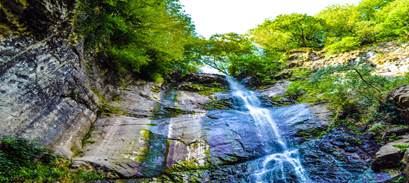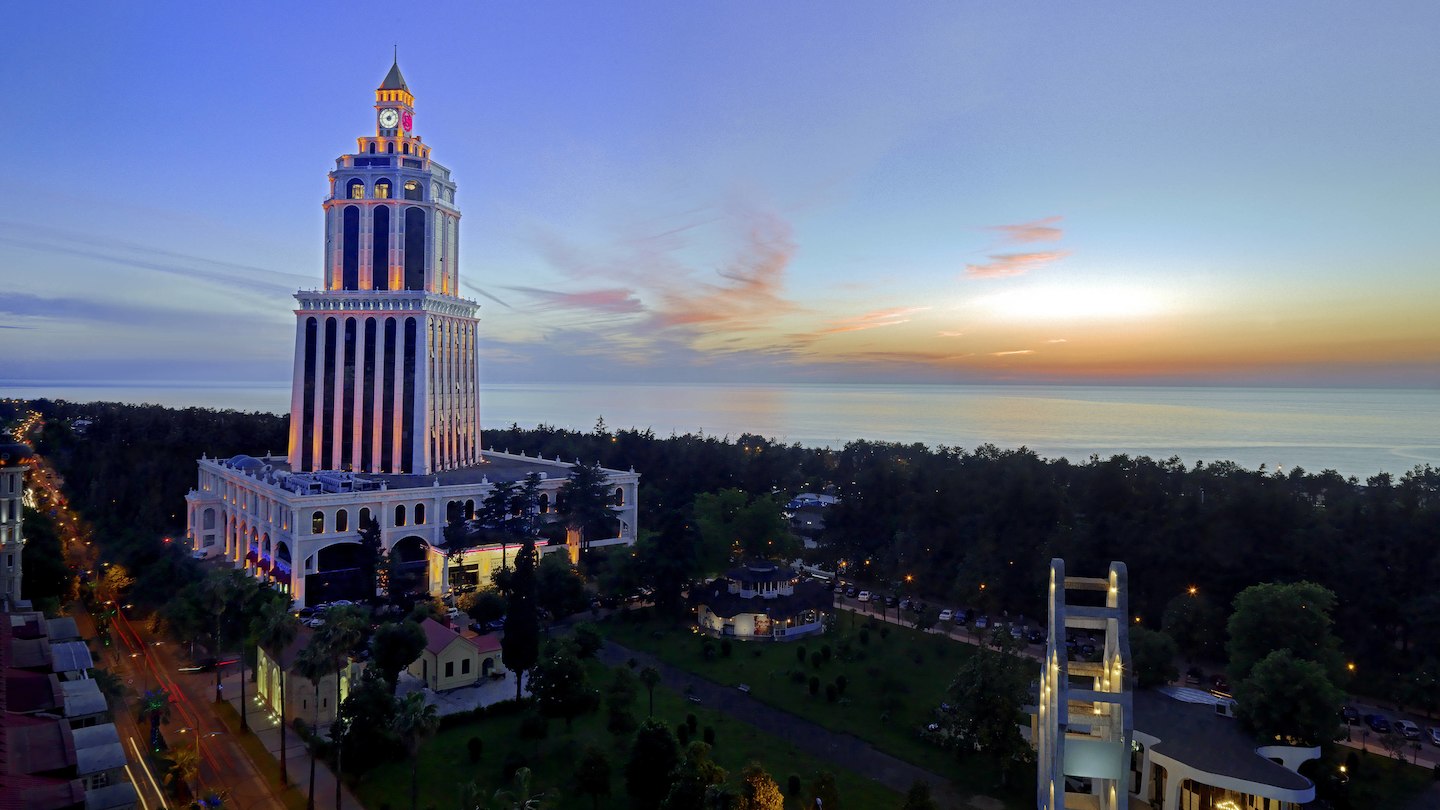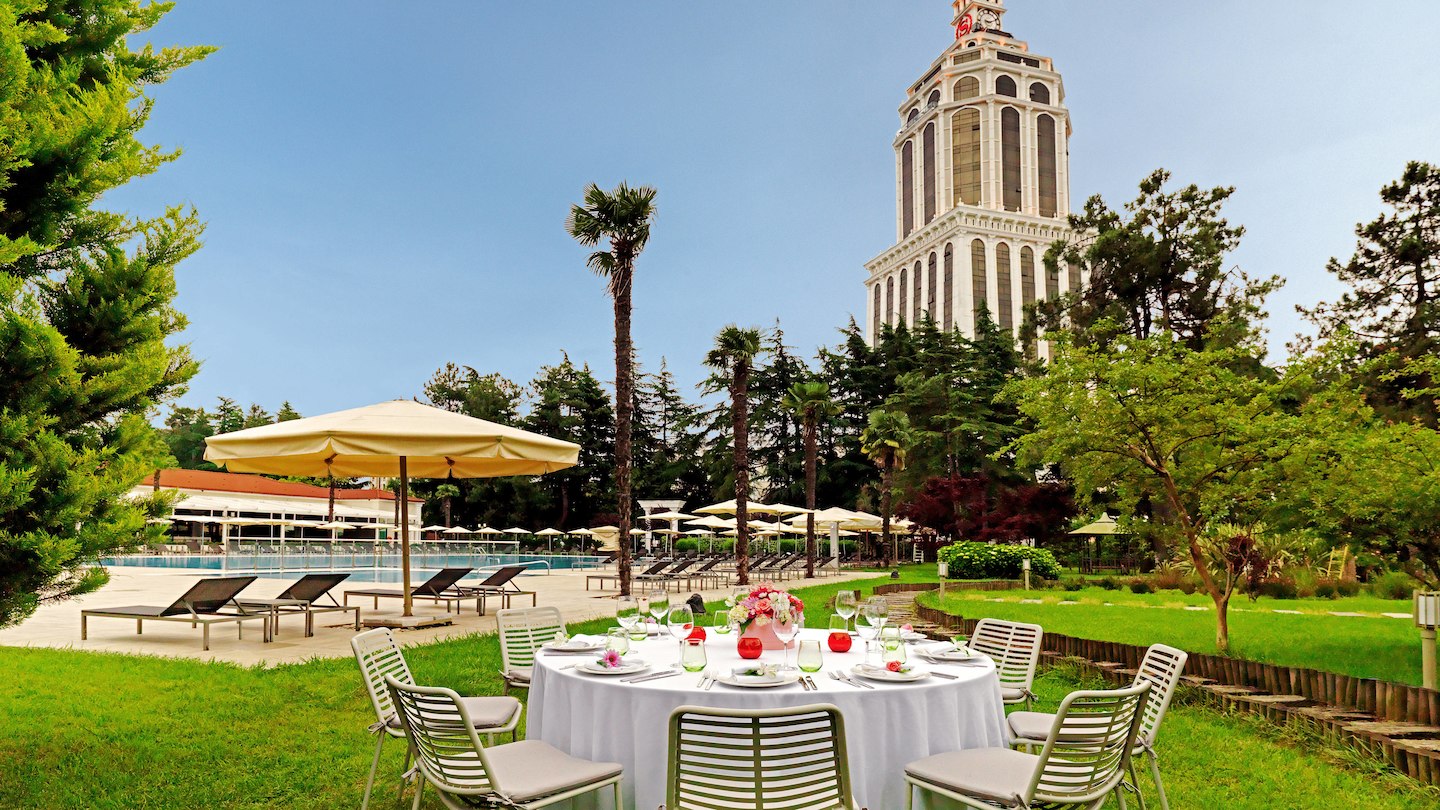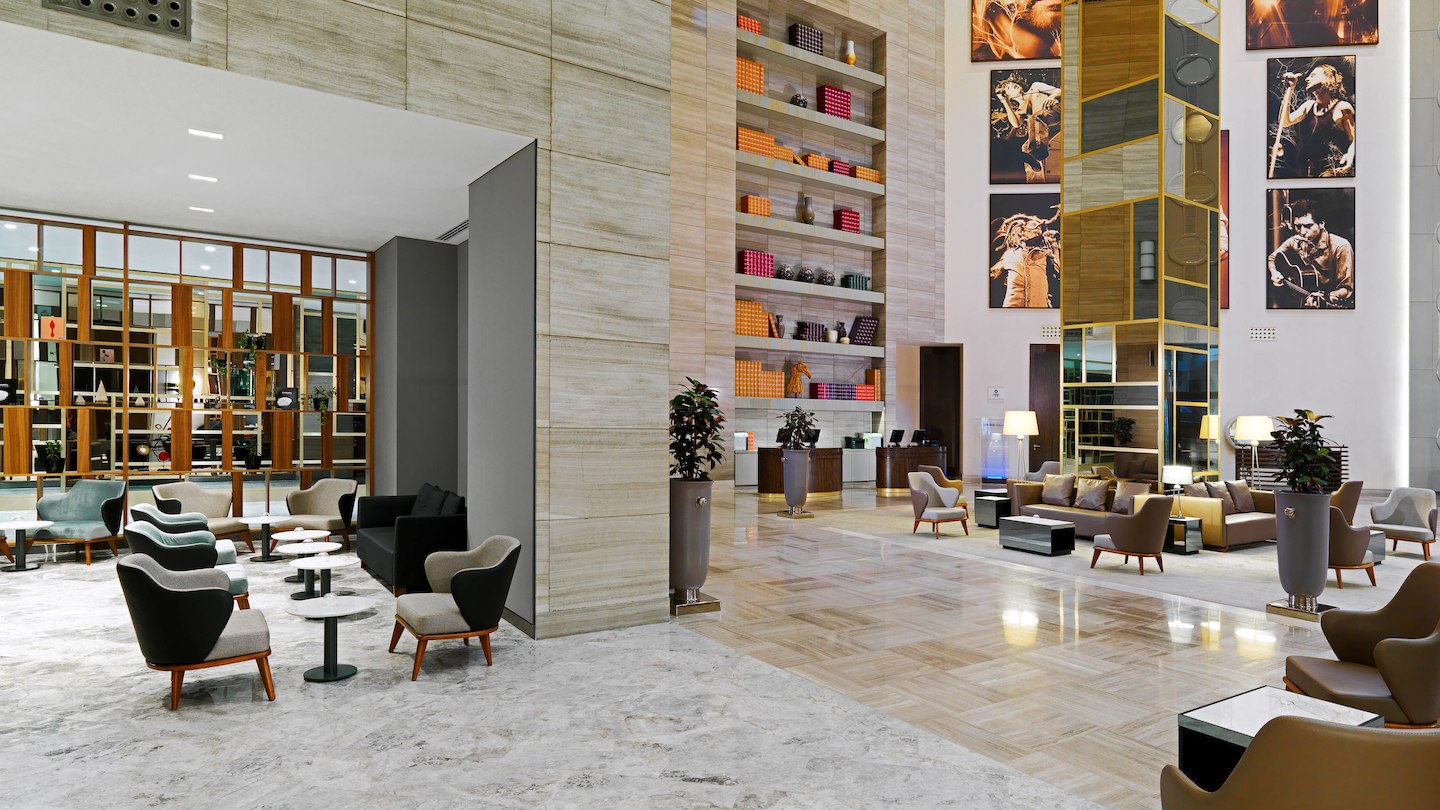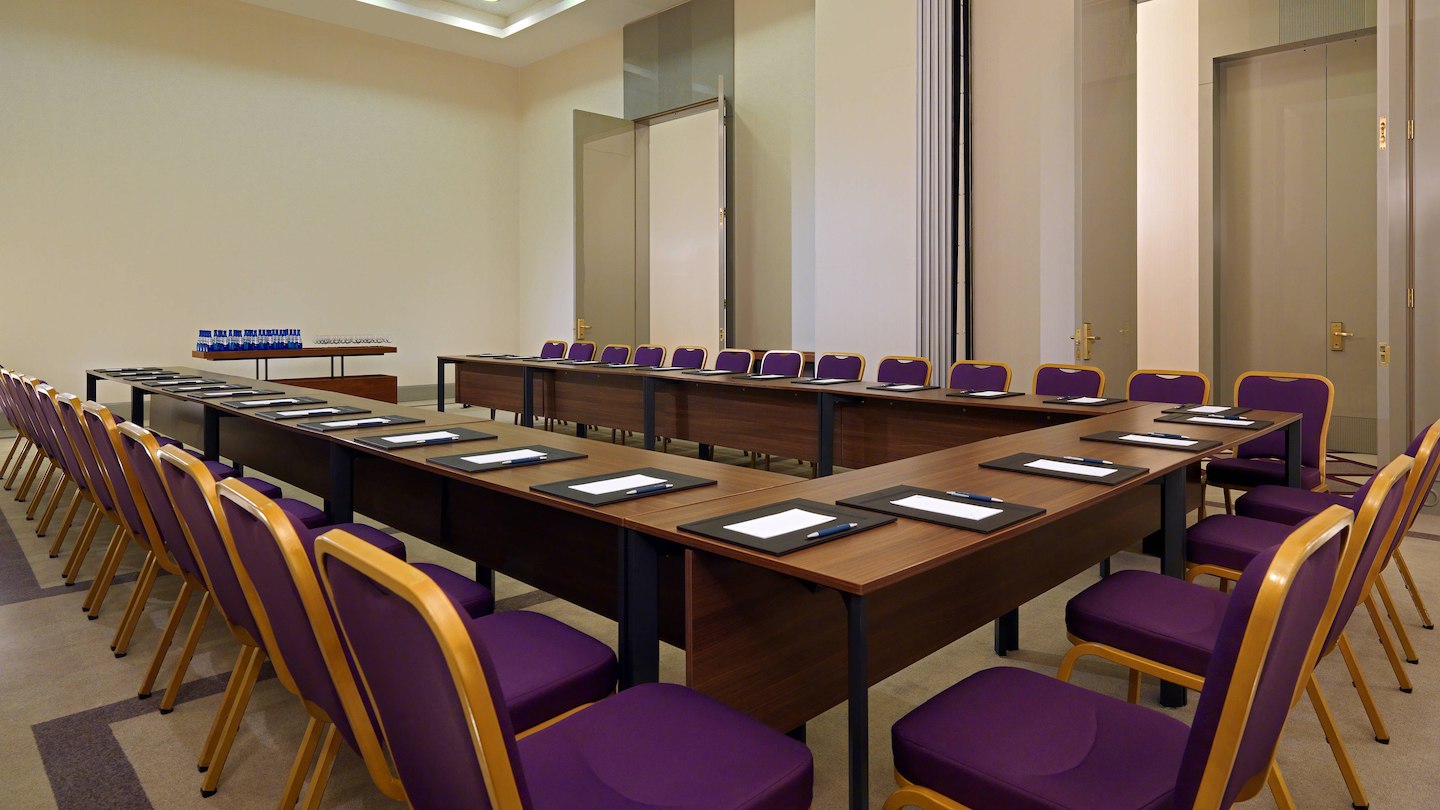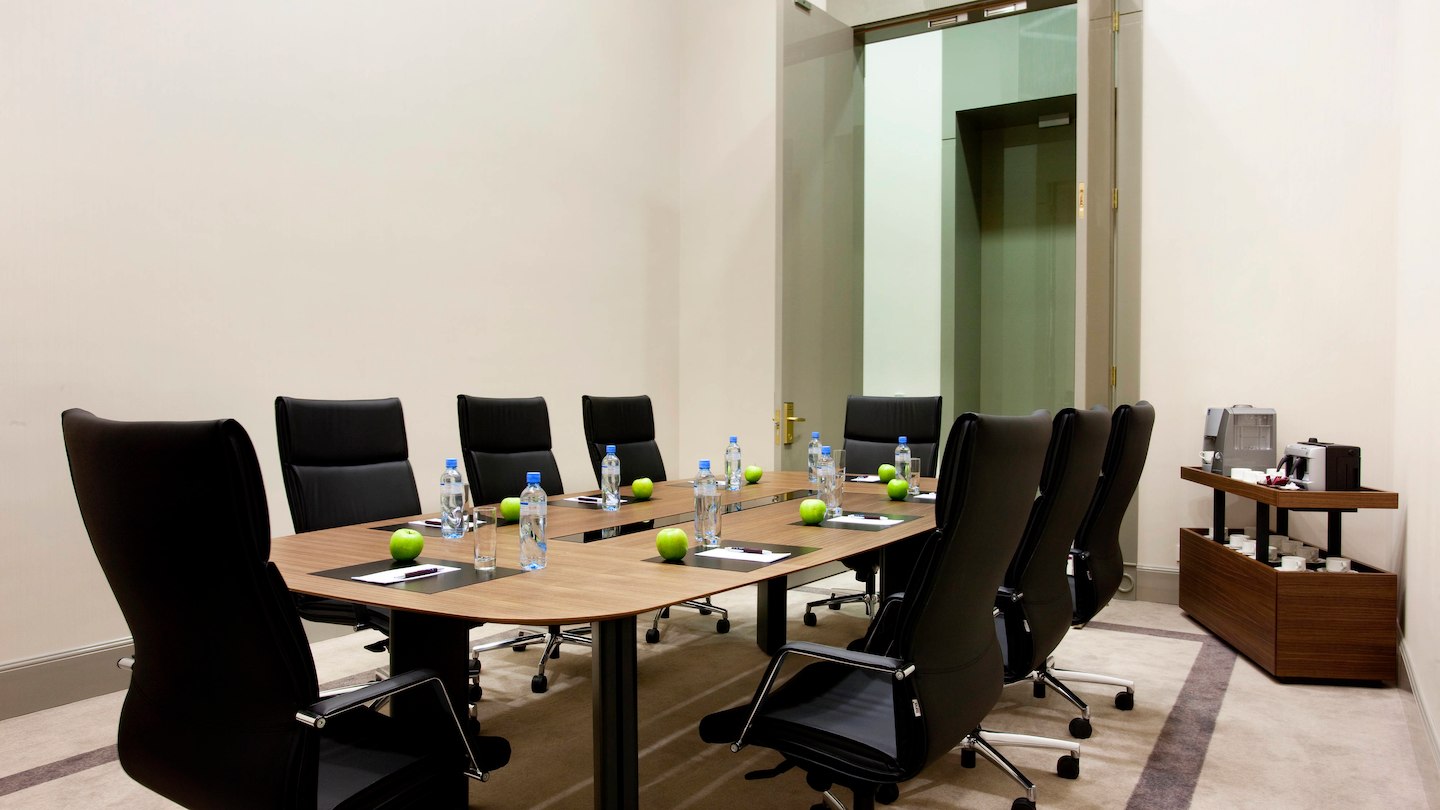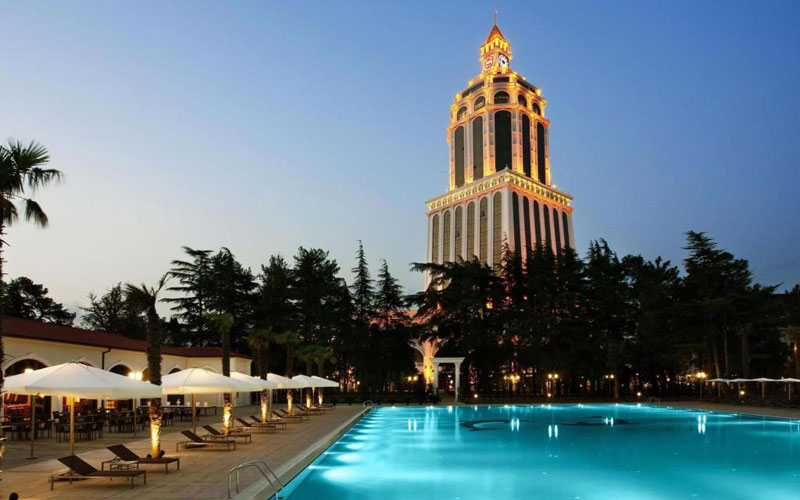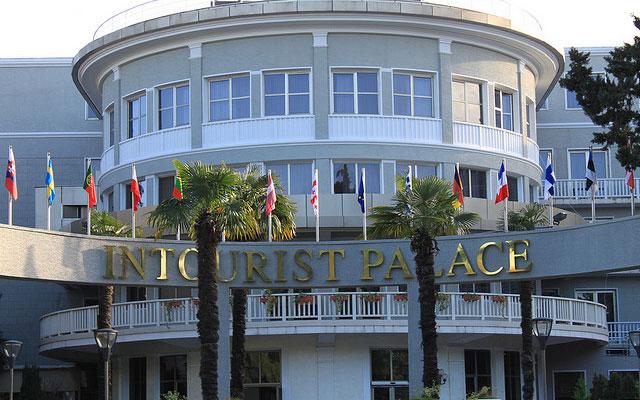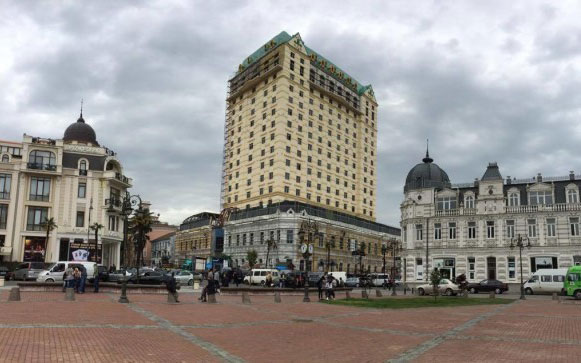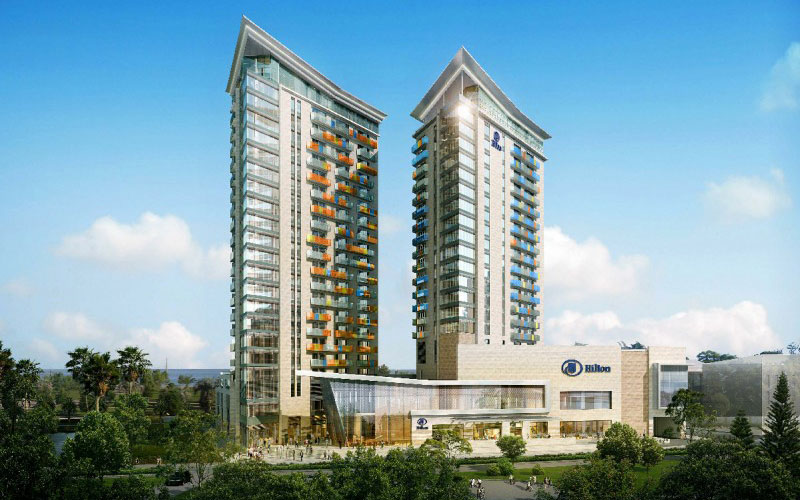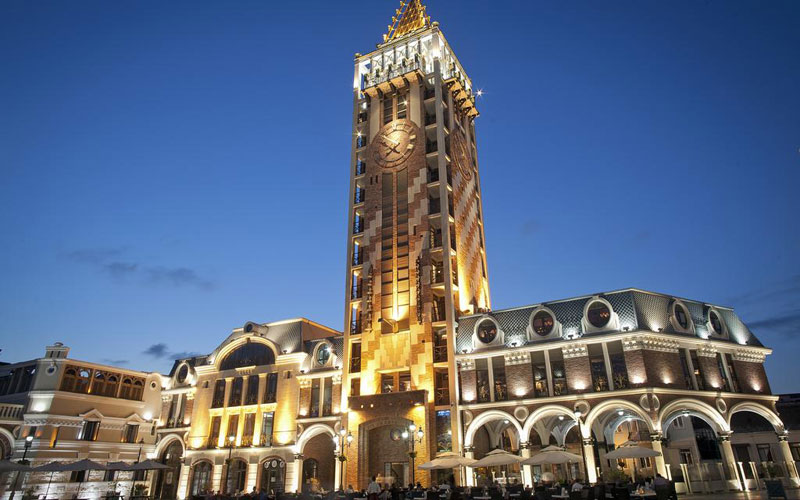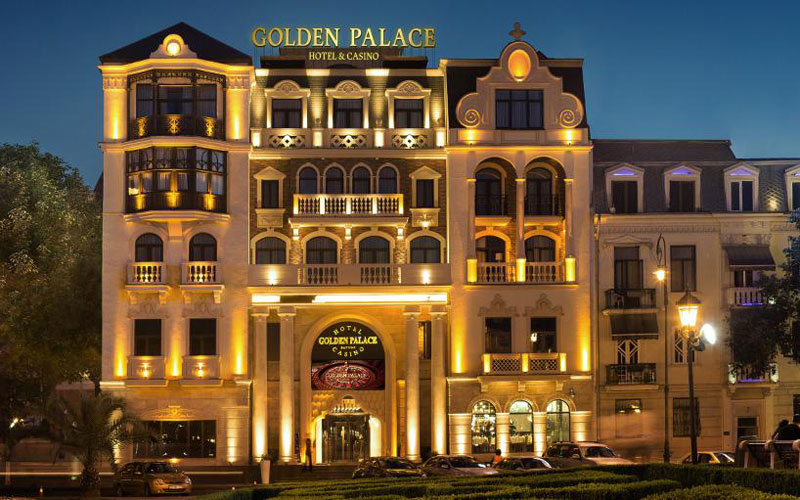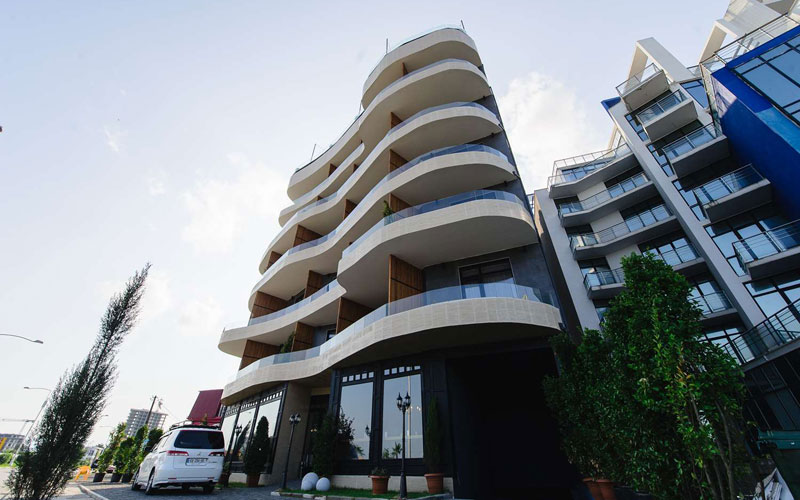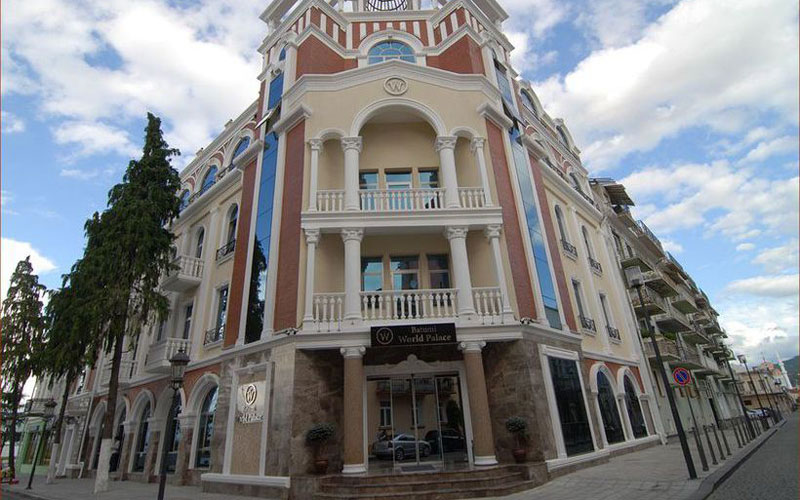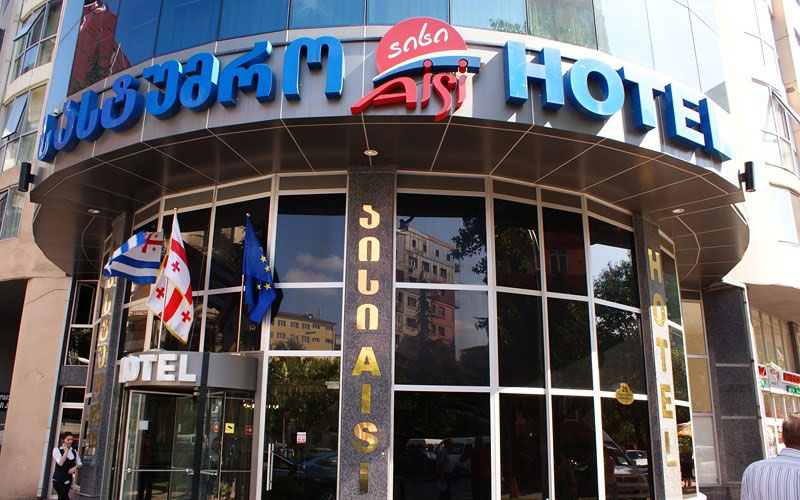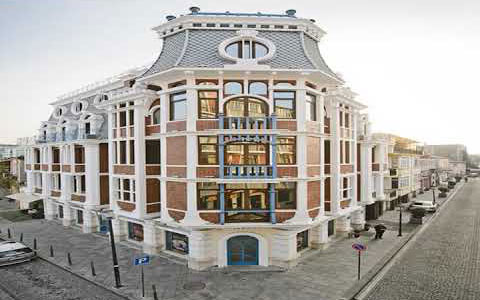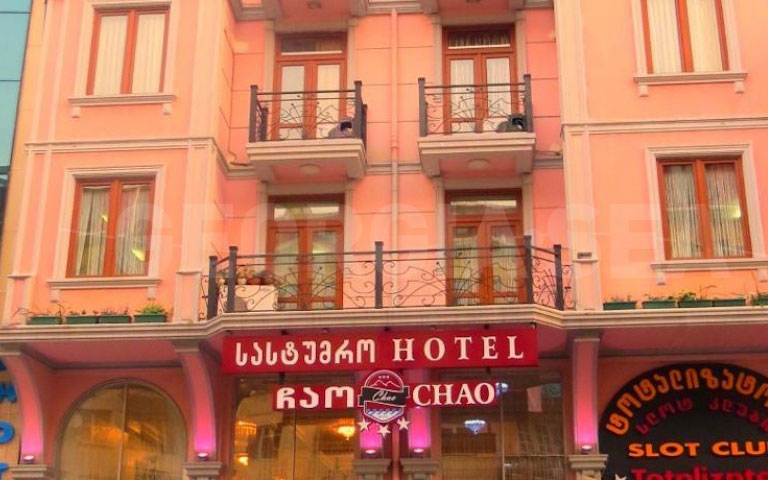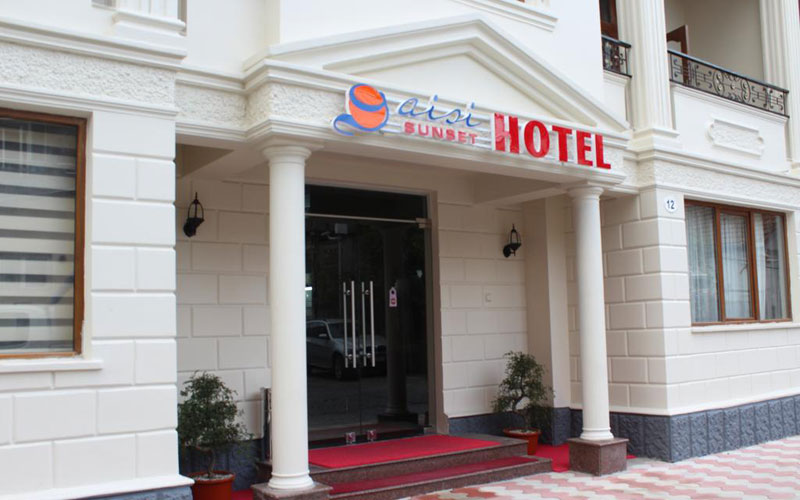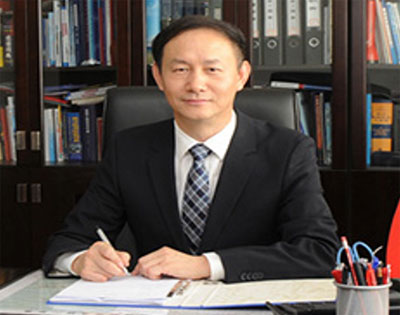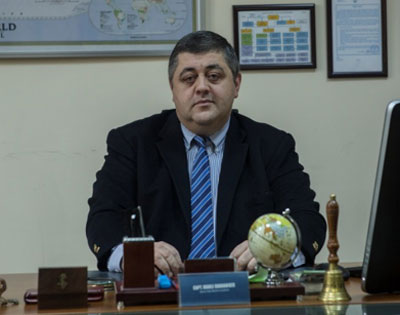About Batumi
Batumi is the second-largest city in Georgia. Located on the coast of the Black Sea, it is lined with palm trees and surrounded by mountains. Batumi is the region's tourist and gambling capital. It presents an eclectic mix of architecture, ranging from charming 19th century classical edifices to ultra-modern skyscrapers housing hotels and casinos. A regional party hub, Batumi has a vibrant night life, hosting increasingly big name international DJs and pop concerts.
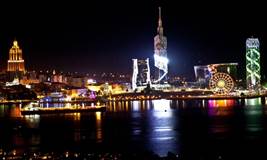
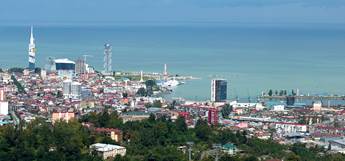
Climate
Batumi is distinguished by a seacoast humid subtropical climate. Winters are cold without snow and summers are warm to hot. The average annual temperature is 15 C, 7 C in January and 23 C in August. Annual precipitation is 2.560 mm. Relative humidity is 81%. There are frequent showers. Most Georgians do not use central heating, so although the day temperature can be warm, bring warm clothes for sleeping at night.
Transportation
The city is served by Batumi Airport, one of three international airports in the country. A bike-sharing scheme named BatumVelo allows you to rent a bicycle on the street with a smart card.

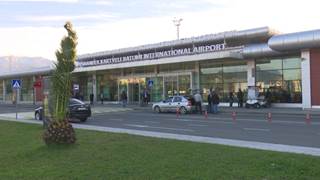
The Batumi Botanical Garden is a 108 hectare area of land 9 km north of the city of Batumi. Located at the place called Mtsvane Kontskhi ("The Green Cape") on the Black Sea shore, it is one of the largest botanical gardens in Europe.
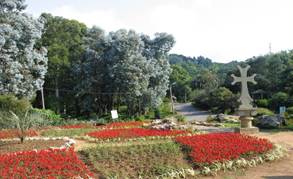

Gonio fortress is a Roman fortification in Adjara, Georgia, on the Black Sea, 15 km south of Batumi, at the mouth of the Chorokhi river. The village sits 4 km north of the Turkish border. Gonio is currently experiencing a tourism boom.
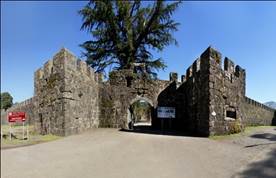
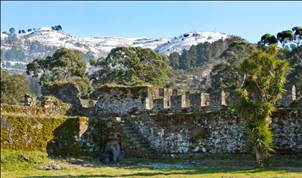
Mtirala National Park is a protected area in Adjara region, Georgia. Covering approximately 15,698 hectares (38,790 acres) in Municipalities of Kobuleti, Khelvachauri and Keda in the western Lesser Caucasus. Mount Mtirala is one of the most humid areas in the country. The name Mtirala (meaning "to cry") is derived from the 4,520 millimetres (178 in) annual rainfall.
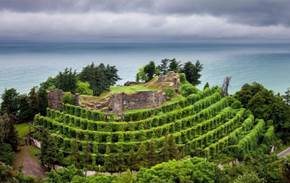
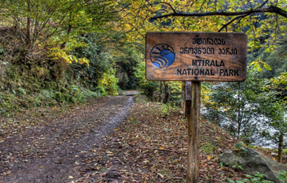
The coastal line of the Boulevard has been beatified recently with bungalows, café-lounges, restaurants, children’s attractions, modern-design benches, sculptures and new fountain and it has become the most attractive place for city visitors.
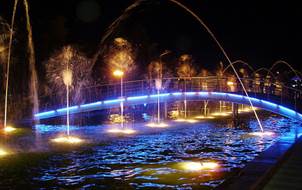
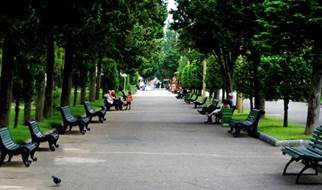
6 May Park’s territory is 157 641 sq/m. In the center of the park is the amazing "Nurigeli" Lake, Bushy plantation, coniferous and decorative trees are presented here, cypresses. There are educational places, such as Dolphinarium, Zoo corner, Aquarium. Other places: Attractions, Sun clock, Stone Fountain and free parking. It should be noted that "Black sea flora and fauna educational Scientific-research centre" offers to its customer any kind of service and its rates are much more cheaper than in other countries.
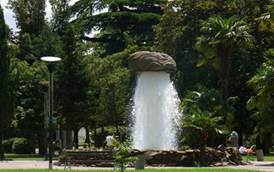
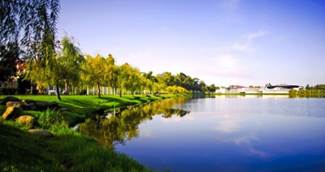
The Alphabetic Tower is a 130-meter-high structure in Batumi, Georgia. The tower symbolizes the uniqueness of the Georgian alphabet and people. The structure combines the design of DNA, in its familiar double helix pattern. Two helix bands rise up the tower holding 33 letters of the Georgian alphabet, each 4 meters tall and made of aluminum. In the middle of the building is an exposed elevator shaft leading to the very top of the building, in the crown of the structure, where a colossal silver ball is located.
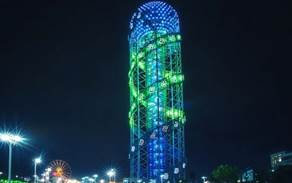
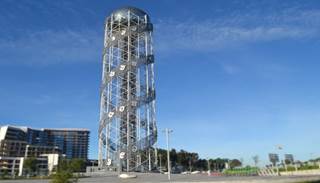
Adjarian Wine House was established in 2010 in Khelvachauri. The owner wanted to produce wine because of the unique variety of the little known locally grown Chkhaveri. He did not want the grape to become forgotten. He planted Chkhaveri and now produces wine with the grape. Adjarian Wine House has their own vineyards and when more grapes are needed they are usually sourced from local growers.
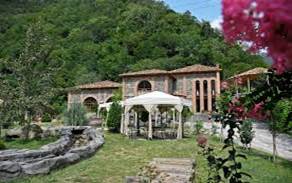
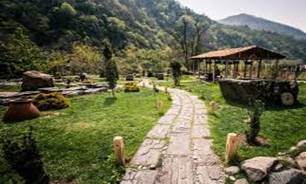
Batumi Archeological museum was founded in 1994. It is one of the most important cultural and scientific centers in the region. Scientific-research and cultural-educational works are conducted here. The museum preserves exponents from different archeological bases as well as rich archeological material found during archeological excavations.
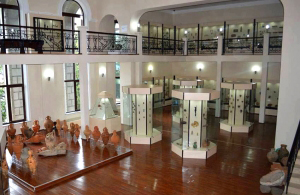
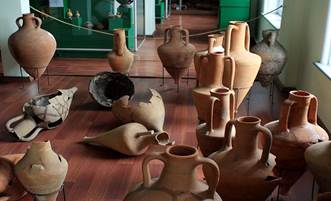
Ajara State Art Museum is located in one of the historical buildings of Batumi. This monumental building was designed in 1949 by a well-known architect Kakha Javakhishvili. It is distinguished with a refined and strict architecture and modesty of décor. Its façade is embellished with relief freeze of well-known sculptor Tamar Abakelia. The museum was founded in 1998 and is relatively new. It preserves paintings of foreign and Georgian artists. Also, it holds graphic works and sculptures and pieces of decorative art as well.
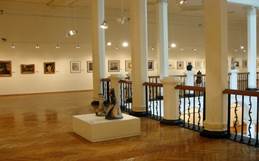
One of the coolest landmarks in Batumi is the Holy Trinity Church on top of the hill. It is a little bit of a drive uphill but the views are amazing and so is the church itself. Great spot to see the sunset!
.
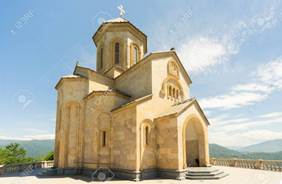
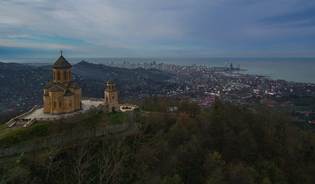
Astronomical clock equipped with special mechanisms is located on a building of unique architecture. Besides ordinary time, the clock gives the chance to find out some astronomical information.
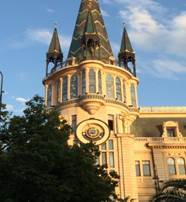
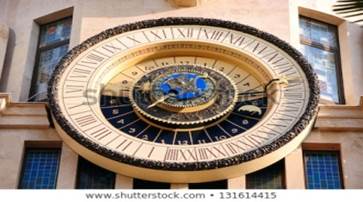
Colonnades are one of the most interesting constructions in Batumi. The colonnades used to act as a gate for seaside zone, from which the sea shore was nearer compared with current location.
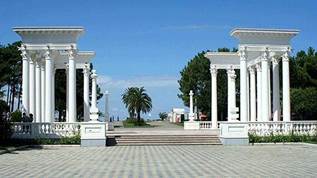
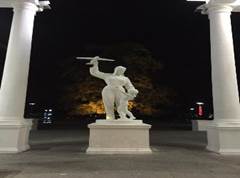
Piazza is spread on 5700 sq/m and is distinguished by its painting, as well as by its exquisite mosaics and stained glass windows. The main architect of the square is Vazha Orbeladze, while Estonian artists Dolores Hoffman is the author of stained glass windows. Piazza Square is already the venue of entertaining and cultural events.
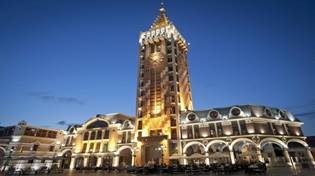
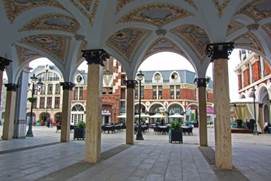
One of the must-visit attractions is Makhuntseti waterfall which is remote from Batumi to 30 km. This is one of the highest waterfalls in Ajara – a real pride of local residents. You can get to the waterfall from Batumi by any minibus that goes in the direction of Keda village. The road will take about 30 minutes and then you will need to get off at the central highway. The water falls from the height of 20 meters, breaking on the rocks and dividing into a plurality of splashes.
